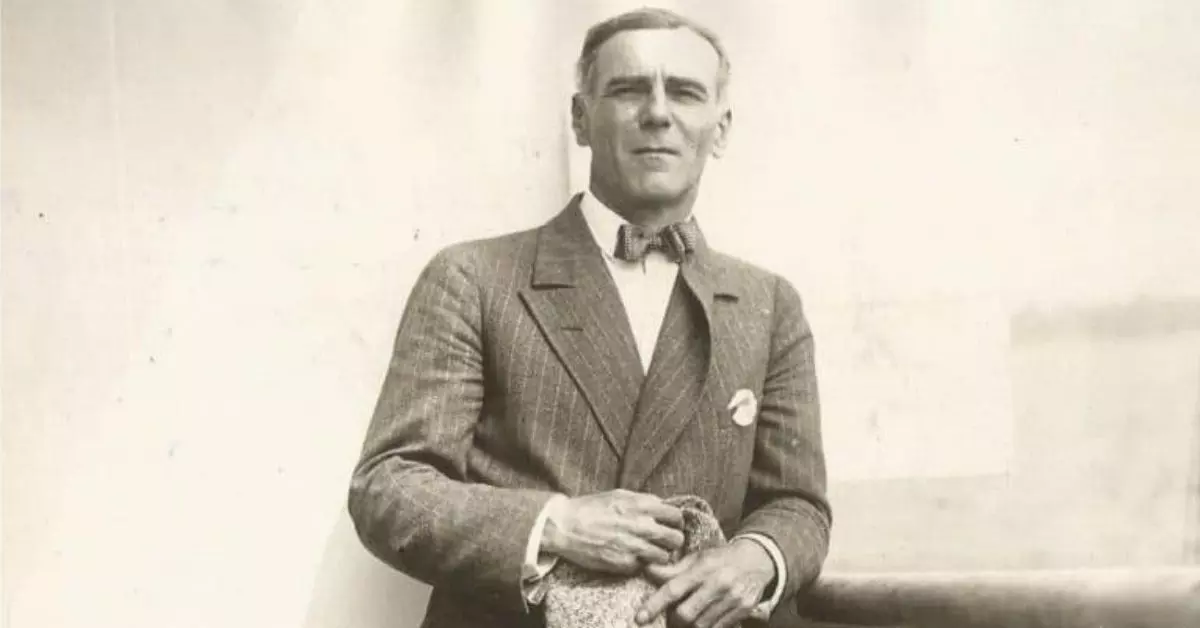Olympics-Facts
Who won India's first individual medal at the Olympics?
We take a look at three different individuals who have won medals in different eras

Norman Pritchard - India's first athlete at the Olympics
Who Gets First Place?
The great sports debate that has often confused sporting buffs. India's first Olympic medal and its official capacity needs to be considered given that there have been several different takes on it for several decades. We take a look at three different individuals who have won medals in different eras.
Norman Pritchard
Officially regarded as the first ever athlete to have won a medal for India, Norman Pritchard represented India back in the 1900 Paris Summer Olympics. He won two silver medals for the country in the 200m hurdles and 200m sprint events.
One might argue that Norman Pritchard was an Indian by birth having being born to English Parents in India. He was born and brought up in Calcutta and finished his education at St Xaviers College. However, he was later chosen to represent Britain at the Amateur Athletic Association Championships in 1900. This is where the dispute arises as Britain and British India were two separate entities in the sporting world and competed in different capacities until 1947. Norman Pritchard represented British India at the Paris Olympics.
A concurring point could be that he was not the last medal winner for India before the country gained independence. The medals won by the famed Indian Hockey team of the 20's and 30's have all been officially counted to the post independent Indian Olympic medal tally. Counting the medals of the hockey team as official Indian medals but not Norman Pritchard's individual feats would be absurd given that those teams comprised of Anglo-Indians and Indians all of whom played under the name of British India. Pritchard himself being an Anglo India should be counted as having represented India since he competed under the name of the country. This too has been recognised by the International Olympic Committee in its records.
Chintamoni Kar
Chintamoni Kar
Art is not an activity that can be associated with Olympics these days. However, India does have a distinct claim to a medal won at the 1948 Olympics. Chintamoni Kar won a silver medal for his sculpture named The Stag in the art competition. However, the issue that arises here is that he officially represented Great Britain while doing it and the IOC does not officially recognise medals own under this competition anymore.
He was born in 1915 in Kharagpur, which is in present day West Bengal. He shifted to London in 1946 to pursue his art career and became a member of the Royal Society of British Sculptors. It was here that he got the opportunity to take part in the Olympics in what would also be the final year of art event as it was decided to be removed from future competitions. Having been an Indian citizen at the time of his victory, one might assume that Chintamoni's medal can be considered as an Indian achievement. However, this was post-independence and he competed for Great Britain and not independent India at that time. Hence his victory can definitely be taken out of the ambit of individual Olympic medals won by India.
KD Jadhav
KD Jadhav
The inspirational story of KD Jadhav who brought home a bronze medal despite facing extreme financial difficulties is a story for the ages. He won India's first ever individual medal post-independence and this has made a strong case for his achievement to be given its due importance.
Until 1947, India was not recognised as an independent state which made its actions come under the sovereign rule of law of the British. However, if one were to consider the events surrounding India's representation at the Olympics, right from the name of the country to the flag that was hoisted, it was the name of the British Empire that took precedence. KD Jadhav broke this as an individual in India's second outing at the Olympics in 1952. Keeping aside the records of the IOC and to give credit where its due, KD Jadhav must be given the title of having won 'Independent India's first ever individual Olympic Medal.'
To conclude, it must be reiterated that Indian achievements have to be categorised in different domains given the time and nature of IOC recognised sports and international politics that took place in the early 20th century. KD Jadhav and Norman Pritchard represented India in different capacities and hence need to be recognised in light of where their victories lie; one for British India and one for independent India, both of which are official and equally reputable achievements.
